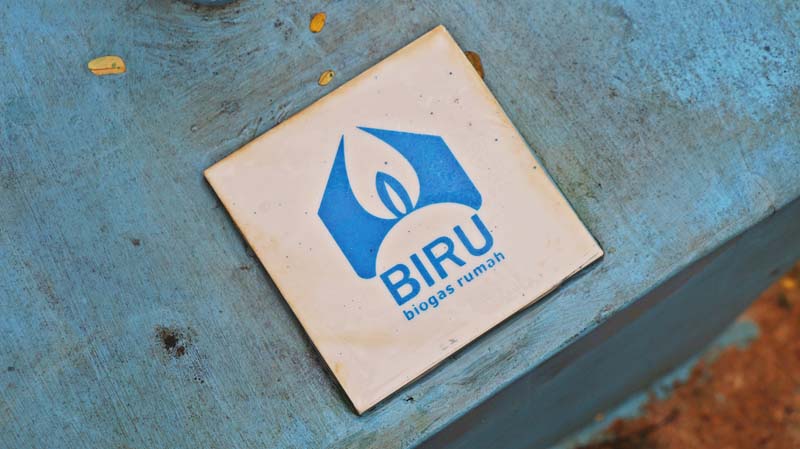Biogas for Reducing Greenhouse Gasses’ Emission

Greenhouse gas is one of the leading source of global warming which leads to the climate changes. The world today is attempting to engage in various efforts which may reduce the emission of green house gasses and at the same time their impacts on the environment. One of such efforts will be accomplished through clean development mechanism, that is a development mechanism in developing countries which is based on an ecologically sustainable development. One of such project included in this clean development mechanism is the use of biogas for reducing the emission of greenhouse gasses.
What are the benefits of using biogas that people may acquire to reduce the emission of greenhouse gasses? Each unit of biogas digester constructed may help to reduce the greenhouse gasses’ emission through various methods. Firstly, each unit of biogas digester may reduce the CO2 emission normally associated with the use of firewood. Using firewood for cooking purposes may produce CO2 gas which may in turn degrade the environment due to the smokes produced by incomplete process of combustion may lead to the respiratory problems. Additionally, the use of biogas may eliminate the needs for firewood. Ultimately, this will help to reduce deforestation thus forest sustainability may be properly maintained.
In addition to reducing the emission of greenhouse gasses produced by the firewood burning, biogas may also reduce the emission of greenhouse gasses resulting from the use of LPG. Through the use of this biogas, the emission of CO2 gas may be reduced due to the use of LPG as much as 465.5 kg of CO2 annually. These figures have been obtained by applying emission reduction calculation method agreed in the clean development mechanism as stipulated in the United Nations Frameworks Convention on Climate Change (UNFCCC).
Finally, the use of biogas may avoid methane gas (CH4) emitted by cattle farming industries. Inadvertently, farming industry is one of the greatest contributor of greenhouse gases. It is reported that in 2006 and 2008, the United Nations indicated that cattle farming industries contribute as much as 18% of greenhouse gas emission, surpassing the emission of transportation mode which contribute as much as 13.5%. Cattle farming industries emit such greenhouse gases as carbon dioxide (CO2), methane (CH4), as well as nitrous oxide (N2O). Methane is a gas naturally produced by the anaerobic fermentation process of cattle manures. Therefore, these manures need to be poured into the biogas digester to collect and burn the methane gas produced. (Jihan A. As-sya’bani)

